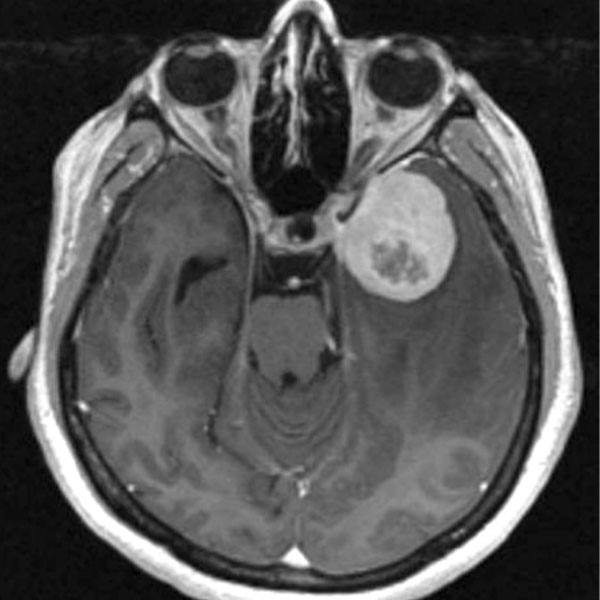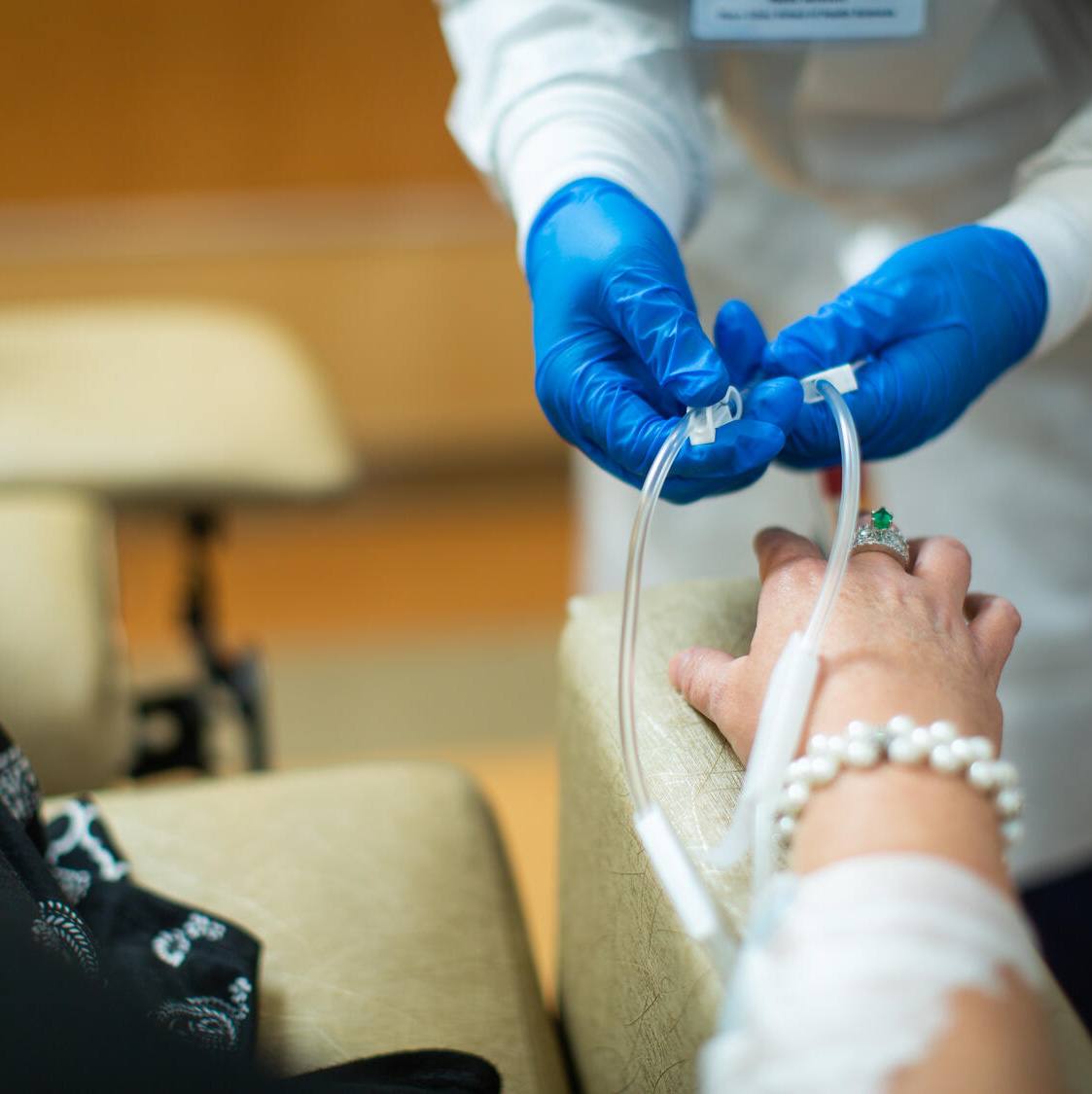-
Suicide Prevention: Mayo Experts Offer Tips for Parents, Public, Media
ROCHESTER, Minn. — Suicide is the third-leading cause of death among young people ages 10 to 24. If parents are worried their child may be having suicidal thoughts, it's no time to tiptoe around the question, according to Mayo Clinic experts who have produced two educational videos on suicide prevention for use by media outlets, schools and others. Instead, be direct and ask, the physicians advise, and if the answer is yes, do not try to downplay or dismiss the child's feelings. Seek professional assistance immediately.
MULTIMEDIA ALERT: For audio and video of Dr. Lineberry talking about the educational videos, visit the Mayo Clinic News Network.
"If we know anything about suicide, it's that many suicides are preventable if we can get people through a crisis and intervene says Timothy Lineberry, M.D., a Mayo Clinic psychiatrist and suicide prevention expert. "We believe these public service announcements may help and give parents the tools to talk to their kids and potentially save a life."
The two videos include Reach Out — Preventing Teen Suicide, a music video encouraging teens to communicate with an adult for help and support. Teen Suicide Prevention features teens describing common signs a young person may be considering suicide, and provides tips on how parents can talk to their children including:
- If a teen is acting differently, say something. Ask them what is wrong. Directly ask, "Are you thinking about killing yourself?"
- It doesn't hurt to ask, it helps. When people are thinking about killing themselves, they want somebody to ask about them.
- If they say, "yes," "maybe" or "sometimes" don't say phrases like: "That's crazy." "You're such a drama queen." "You're making too much of it." "That boy isn't worth killing yourself over."
- Instead, you should say, "I'm sorry you're feeling so bad." "How can I help?" "We'll get through this together." "Let's keep you safe."
Media outlets, parents, educators, physicians, social workers and others working to prevent suicide are welcome to use the educational videos.
About 4,600 teens per year commit suicide, according to the Center for Disease Control and Prevention. Each year, about 157,000 youth ages of 10 to 24 receive medical care for self-inflicted injuries at emergency departments across the country.
"As a therapist, crisis worker, and parent, I understand that it can be difficult to talk to adolescents about suicide," says John Draper, Ph.D., director of the National Suicide Prevention Lifeline. "As difficult as these conversations may be, parents and caregivers play a central role in helping their children feel safe enough to talk about their painful feelings. The Mayo Clinic is doing a great public service by giving essential guidance that will help both parents and their children feel less alone and better able to talk about suicide."
Suicide by young people often follows stressful life events: Obstacles such as problems in school or the loss of a friendship may seem insurmountable. In some cases, a child may feel suicidal due to certain life circumstances he or she may not want to talk about. Those include having a psychiatric disorder, including depression; loss of or conflict with close friends or family members; history of physical or sexual abuse; problems with alcohol or drugs; and being the victim of bullying.
To interview Dr. Lineberry, please contact Nick Hanson at 507-284-5005 or newsbureau@mayo.edu.







